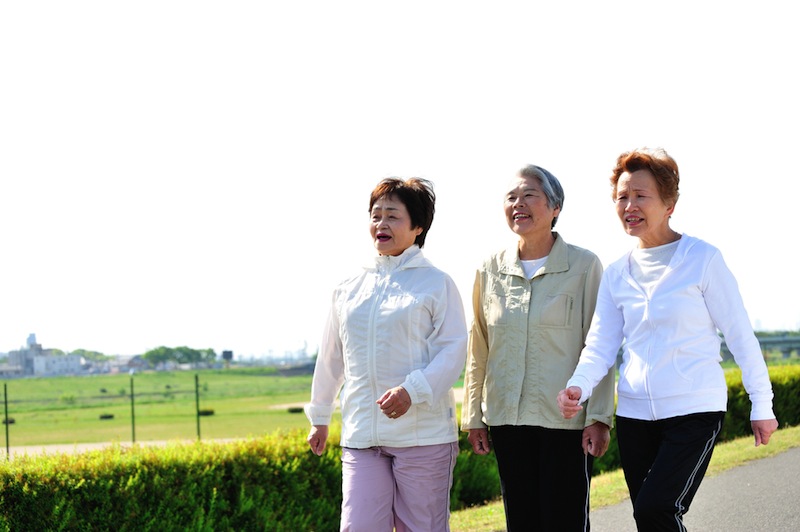How to Get People to Step Up Their Exercise

Get the world’s most fascinating discoveries delivered straight to your inbox.
You are now subscribed
Your newsletter sign-up was successful
Want to add more newsletters?
Join the club
Get full access to premium articles, exclusive features and a growing list of member rewards.
A healthy dose of friendly competition combined with a cash incentive may be an effective way to motivate people to exercise more, according to a new study.
But people who compare their own performance to that of average performers might be more motivated than those who compare their performance to that of top performers, the study found.
The research was aimed at finding ways to coax people into healthier behaviors, and although previous studies have established that both competition and cash can motivate people to exercise, more research is needed to find the best ways to combine these incentives, and tweak the ways they are delivered to have the strongest effect, the researchers said. [9 Healthy Habits You Can Do in 1 Minute (Or Less)]
"While many employers are interested in making wellness efforts more social to increase engagement, based on our findings there is a significant opportunity to go further and improve outcomes by better designing these competitions," senior author Dr. David A. Asch, a professor of medicine and health care management at the University of Pennsylvania, said in a statement.
In the study, the researchers divided 288 people into teams of four, and asked them to take at least 7,000 steps a day for about six months. The participants used their smartphones to track their steps. [Best Pedometer Apps]
All of the participants received weekly feedback, but some were told how the number of steps they took in the past week compared to the step count of some of the top performers in the study, whereas others were told how their own step count compared with more average-level performers.
Plus, some of the teams received financial incentives, which involved a chance to win between $35 to $350 per team member in a lottery. However, these teams were only able to collect the money if all of their members completed the required 7,000 steps during the week.
Get the world’s most fascinating discoveries delivered straight to your inbox.
It turned out that the people who received both feedback on how they performed in comparison to the average performance of others and the financial incentives achieved their exercise goals at the highest rate: They made their 7,000-step goal 45 percent of the time over the course of the study.
In comparison, those who received the financial incentives and the feedback that compared their step count with that of the top performers achieved their exercise goals 38 percent of the time.
Those who did not receive financial incentives achieved their goals 27 to 30 percent of the time, the researchers found.
The study "demonstrated that the design of the engagement strategy can significantly affect physical activity outcomes," the researchers wrote in their findings.
"By focusing social comparison feedback on performance relative to other teams,
we leverage individuals’ competitive drive to motivate behavior change," the researchers wrote.
The study had limitations, they noted. All of the participants were from a single location, and so the results may not apply to people living in different regions, with different cultures or climates. Also, the interventions tested in the study required people to have a smartphone, they said.
The new study was published July 15 in the American Journal of Health Promotion.
Originally published on Live Science.
 Live Science Plus
Live Science Plus










